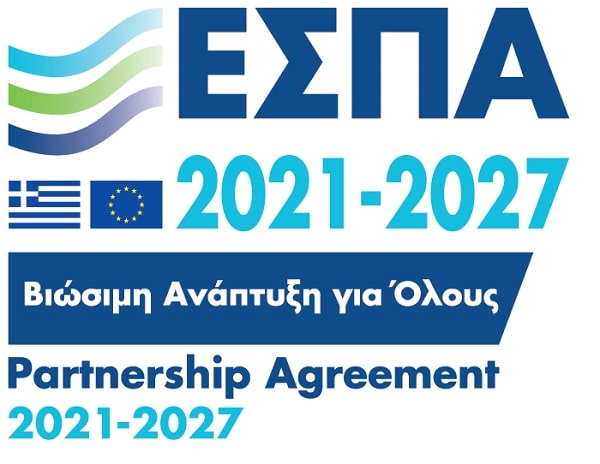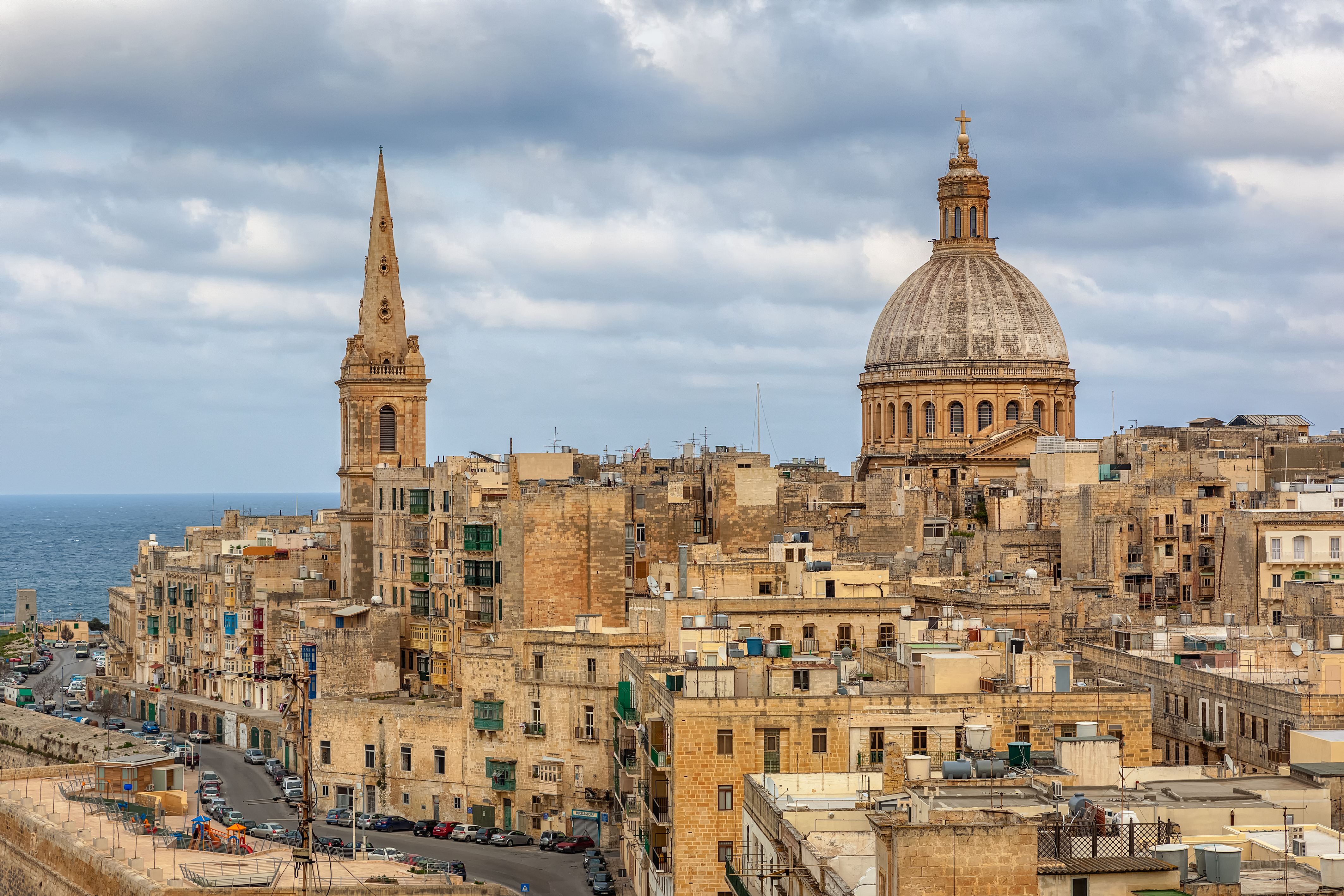


Malta is a Southern European island country consisting of an archipelago in the Mediterranean Sea. It lies 80 km (50 mi) south of Italy, 284 km (176 mi) east of Tunisia, and 333 km (207 mi) north of Libya. With a population of about 515,000 over an area of 316 km2 (122 sq mi), Malta is the world's tenth smallest country in area and fourth most densely populated sovereign country. Its capital is Valletta, which is the smallest national capital in the European Union by area at 0.8 km2 (0.31 sq mi). The official and national language is Maltese, which is descended from Sicilian Arabic that developed during the Emirate of Sicily, while English serves as the second official language. Italian and Sicilian also previously served as official and cultural languages on the island for centuries, with Italian being an official language in Malta until 1934 and a majority of the current Maltese population being at least conversational in the Italian language. Malta has been inhabited since approximately 5900 BC. Its location in the centre of the Mediterranean has historically given it great strategic importance as a naval base, with a succession of powers having contested and ruled the islands, including the Phoenicians and Carthaginians, Romans, Greeks, Arabs, Normans, Aragonese, Knights of St. John, French, and British. Most of these foreign influences have left some sort of mark on the country's ancient culture. Malta became a British colony in 1813, serving as a way station for ships and the headquarters for the British Mediterranean Fleet. It was besieged by the Axis powers during World War II and was an important Allied base for operations in North Africa and the Mediterranean. The British Parliament passed the Malta Independence Act in 1964, giving Malta independence from the United Kingdom as the State of Malta, with Queen Elizabeth II as its head of state and queen. The country became a republic in 1974. It has been a member state of the Commonwealth of Nations and the United Nations since independence, and joined the European Union in 2004; it became part of the eurozone monetary union in 2008. Malta has had Christians since the time of Early Christianity, though was predominantly Muslim while under Arab rule, who tolerated Christians. Norman rulers expelled all Muslims who did not convert, and Aragonese rulers expelled unconverted Jews. Today, Catholicism is the state religion, but the Constitution of Malta guarantees freedom of conscience and religious worship. Malta is a tourist destination with its warm climate, numerous recreational areas, and architectural and historical monuments, including three UNESCO World Heritage Sites: Hypogeum of Ħal Saflieni, Valletta and seven megalithic temples which are some of the oldest free-standing structures in the world.
Quelle: wikipedia.org